
ORNL researchers Valentino Cooper, Howard Wilson and Jiaqiang Yan have been named Fellows of the American Physical Society, a distinction recognizing their outstanding contributions to their fields.

ORNL researchers Valentino Cooper, Howard Wilson and Jiaqiang Yan have been named Fellows of the American Physical Society, a distinction recognizing their outstanding contributions to their fields.
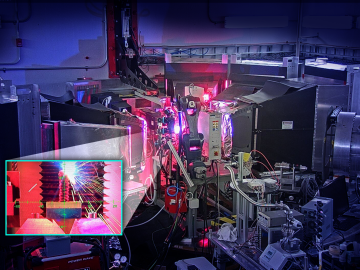
Using neutrons to see the additive manufacturing process at the atomic level, scientists have shown that they can measure strain in a material as it evolves and track how atoms move in response to stress.
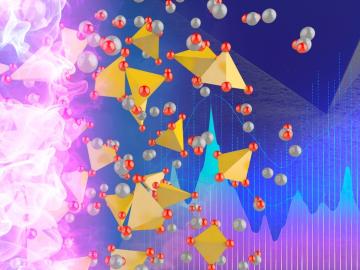
As current courses through a battery, its materials erode over time. Mechanical influences such as stress and strain affect this trajectory, although their impacts on battery efficacy and longevity are not fully understood.
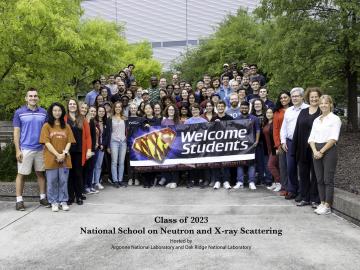
In 2023, the National School on X-ray and Neutron Scattering, or NXS, marked its 25th year during its annual program, held August 6–18 at the Department of Energy’s Oak Ridge and Argonne National Laboratories.
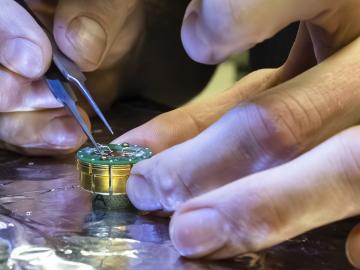
Quantum computers process information using quantum bits, or qubits, based on fragile, short-lived quantum mechanical states.
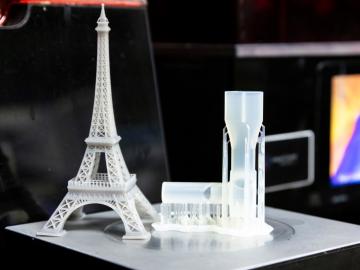
Autonomous labs are changing the nature of scientific investigation. Instead of humans manually orchestrating every part of an experiment, programmed equipment can carry out necessary functions.
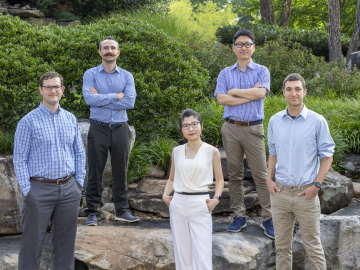
Since its inception in 2010, the program bolsters national scientific discovery by supporting early career researchers in fields pertaining to the Office of Science.
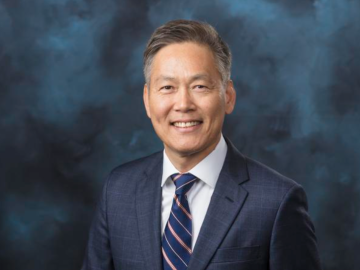
Ho Nyung Lee, a condensed matter physicist at the Department of Energy’s Oak Ridge National Laboratory, has been elected a Fellow of the Materials Research Society.
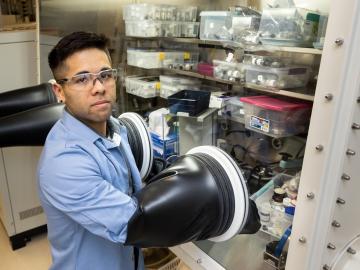
For as long as he could remember, Brenden Ortiz wanted to do only one thing. “My childhood dream was to be a scientist. All I wanted to do was tinker in a lab like a pure scientist,” Ortiz said.
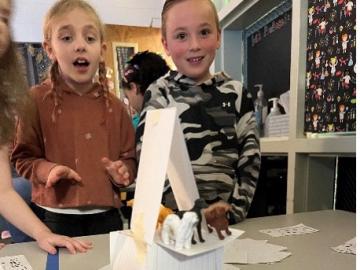
Nine engineers from ORNL visited 10 elementary and middle school classrooms in three school districts during National Engineers Week, Feb.

